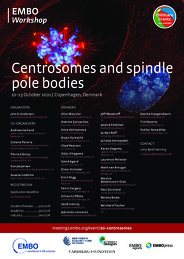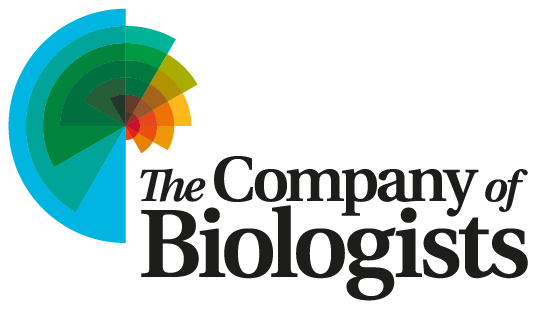About the Workshop
Topics
- Centrosome, centriole and spindle pole body structure
- Centriole and spindle pole body duplication and function
- PCM and microtubule nucleation and dynamics
- Alternative or modified MTOCs
- Basal bodies
- Spindle pole bodies and centrosomes in development and disease
Why attend?
Centrosomes and spindle pole bodies are major microtubule organizing centres (MTOCs) of animal and yeast cells, respectively. A specialized centrosome structure also serves as template for cilia and flagella formation. These MTOCs play critical roles in cell division, cell polarity, signalling, immunity, cell motility and animal development. Centrosome abnormalities have been implicated in multiple human diseases including cancer and cilia-related syndromes. The link between aberrant centrosome function and the development of a plethora of human diseases has not only expanded the breadth and scale of the scientific community interested in centrosome biology, but also opened new avenues in centrosome research. This includes an expansion towards a molecular understanding of centrosome/cilia/spindle pole body biogenesis and function supported by the advancement of technological developments in super-resolution microscopy, proteomics, genome editing, and cryo-EM. New developments also include structural insight into centriole biogenesis, assembly of centrosomes and subcomplexes into biomolecular "condensates" through phase separation, signalling functions of centriolar satellites and the role of centrosomes in asymmetric cell division, development, inheritance and evolution.
Aims
The aim is to promote the field by offering a multidisciplinary and diverse program to foster collaborations, advance new concepts and exchange technologies.
Who should attend?
Scientists interested in centrosome/SPBs biogenesis, duplication and function, as well as their role in development and disease.
About EMBO Courses and Workshops
EMBO Courses and Workshops are selected for their excellent scientific quality and timelines, provision of good networking activities for all participants and speaker gender diversity (at least 40% of speakers must be from the underrepresented gender).
Organisers are encouraged to implement measures to make the meeting environmentally more sustainable.








